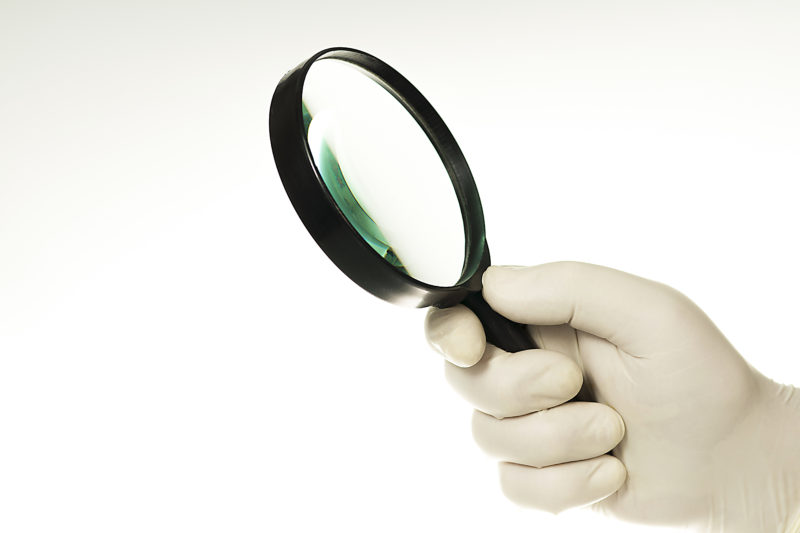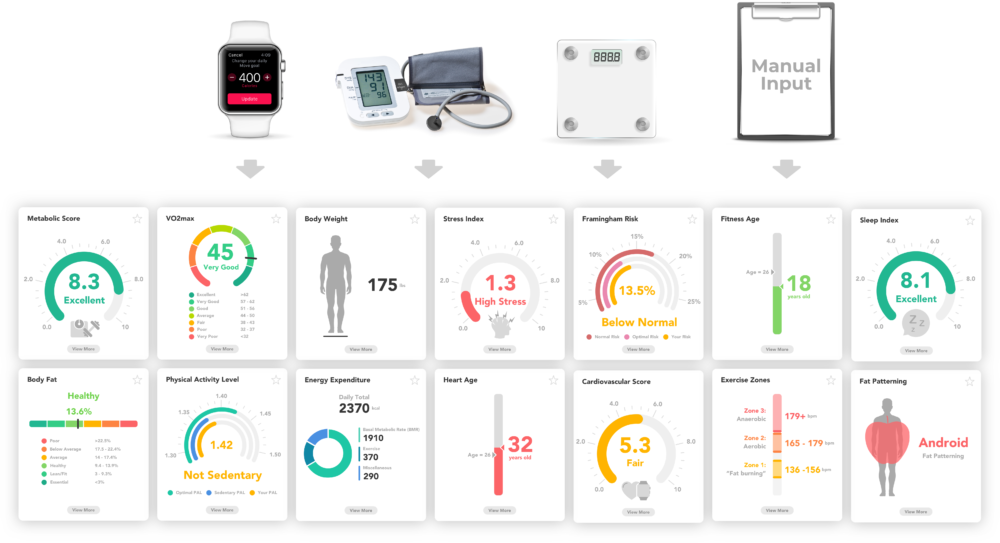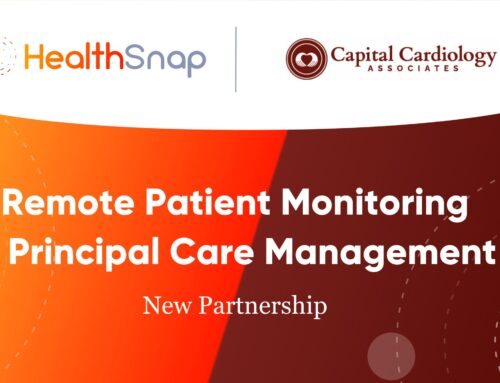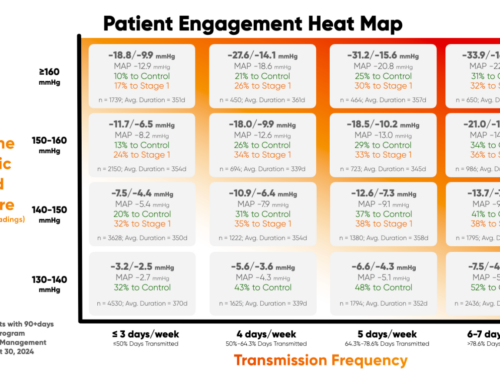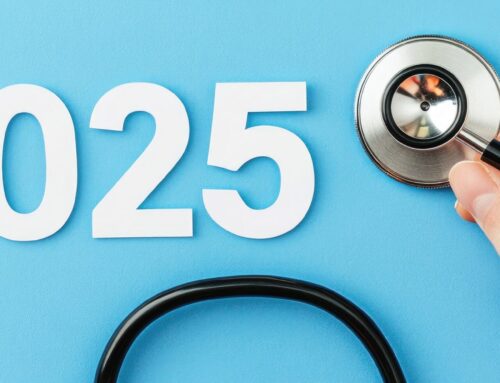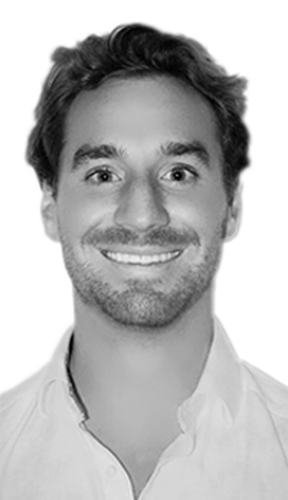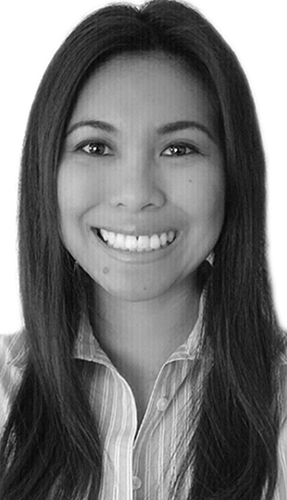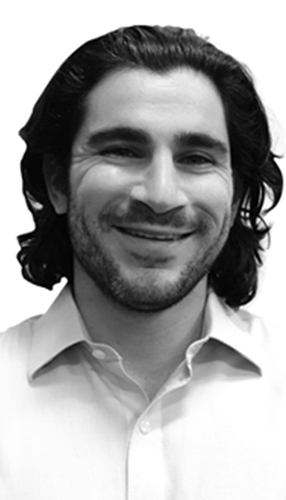What happened before the patient showed up in the emergency room?
What happens after the patient leaves my office?
Clinicians have always been detectives. Sometimes the cases are easy—a patient shows up in the emergency department complaining of abdominal pain and lab tests correctly suggest appendicitis. Other times the cases are more challenging—a patient who had been successfully recovering from a minor surgery suddenly becomes violently ill and must be readmitted, but lab tests and imaging are inconclusive.
Like detectives, clinicians must rely on both observed and reported data. In a clinical environment, observed data comes in the form of direct, in-person data collection, lab results and diagnostic tests taken during a clinic visit, while reported data must be recalled by the patient (or, in the case of some chronic diseases, taken from journals that the patient keeps). There are obvious disadvantages, though—lab results and diagnostic tests only capture the patient’s condition when the tests were administered while reported data can suffer from recall error and various forms of bias.
Patient generated data offers important improvements to the way clinicians collect both observed and reported data. Biometrics can now be collected remotely via connected devices and recall error can be minimized or eliminated through smartphone-based questionnaires that allow patients to enter data in real time. Taken in sum, patient generated data has the potential to provide critical new clues that allow clinical detectives to solve cases and provide better, more successful care.
Uncovering the Complete Picture with Remote Biometrics
The data collected with diagnostics at a clinic are generally accurate indicators of a patient’s health at the very moment when diagnostics are administered. While this data is certainly useful, physicians are left to piece together what happened in the days or even hours leading up to the patient’s appearance in their clinic or emergency department. With the continuous data collection through remote biometric monitoring, physicians can move beyond their limited temporal view of the patient and consider a more holistic picture when making a diagnosis or prescribing treatment.
Remote biometric monitoring also allows clinicians to anticipate adverse health events before they happen. A recently released heart failure patient, for example, might be given a smart scale to monitor fluid retention and an activity tracker to monitor steps and pulse. This data can be reviewed during an appointment or monitored passively with alerts for individual follow-up that are triggered when the patient’s data suggests a worsening condition or oncoming cardiac event.
Using Smartphone Questionnaires to Collect the Right Data at the Right Time
Customized smartphone-based questionnaires allow clinicians to dig deeper into the day-to-day health of their patients. With custom surveys, providers can collect data on diet, exercise and other lifestyle factors so that patients don’t have remember and recall that information during a visit or appointment. Questionnaires can also be useful for monitoring symptoms, recording health data that can’t be passively collected and benchmarking progress as a patient recovers from an acute medical condition.
Qualitative data that would normally be collected through resource-intensive case management can also be collected and stored for review when anomalies appear in quantitative data. As a clinical detective, smartphone-based questionnaires present the unique opportunity to collect critical data before it’s needed, while these same questionnaires can be deployed after the patient is seen in person to extend the continuum of care and provide better follow-up.
The Takeaway Value
Technology and patient generated data will never supplant the instincts and intuition of an experienced, talented clinician. These powerful tools can, however, amplify that instinct and intuition to make the clinician more efficient and effective. HealthSnap brings this potential to reality by offering the ability to collect a wide variety of patient generated data while also transforming it into clinically actionable dashboards that make clinicians better, more efficient detectives for their patients.
Help your patients understand how their lifestyle impacts their health by encouraging them to use our data-driven lifestyle management platform. With HealthSnap, you can easily understand and remotely monitor your patients’ lifestyle health to make data-driven care decisions. Click here to sign up for a FREE trial today and make the lifestyle conversation easy!

